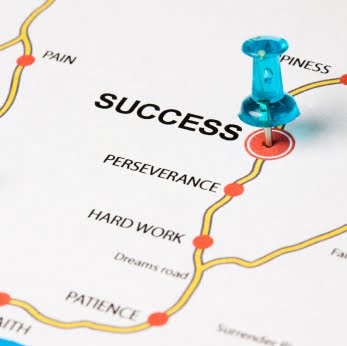
In every South Asian family, there seems to be a growing trend of adopting both Western and Eastern cultures. As a 26 year old, I have yet to fully grasp this idea let alone learn how to fuse both of these seemingly dichotomous cultures. And I’m sure I’m not the only one. Today's generation has become a hybrid of sorts, trying to meld Eastern traditions with Western values. I have had many discussions with my friends, family, priest and significant others but I always seem to get a variety of different opinions on the matter.
So much of the time, we are subjected to many pressures of life. Are we going to pass our exams? Are we going to graduate on time? Am I going to meet my future wife/husband? Am I ready for the dating world? Is arranged marriage that bad? This whirlwind of questions just seems to hit us from all different corners and we blindly follow the scheme of life. The duality of these two cultural norms confuse us so much that we aren’t even sure of what we want to do. Instead, we fall into emotional mood swings that run the gamut from extreme joy to despair.
It’s hard to argue that the typical South Asian upbringing isn’t unique. Our parents taught us discipline, manners, family and other important virtues. But it also has its pitfalls: the perfectionist mentality, the scolding, the social ranking and the harsh assessment of actions and performance. In essence, there are two routes: the Harvard golden child or the Compton thug. It's due to these pressures that one loses their sense of identity and cannot find a peaceful middle. The life of a South Asian is not easy.
One of my good friends, Raj, was groomed to be the first doctor in his family. As a young kid, he was that self-described fat kid that loved cake. But as he grew older, he would get poked fun of and was always an outcast, pushed by his parents to study harder. His parents would fill him with stories: if you get married you will get the car, the house and the beautiful wife. The pressure was really getting intense for him in college; he lost his sense of identity and he did not know where he wanted to go in his life. He felt a spiraling sense of gloom: “If I don't get the grades, my parents will disown me, I won't go to McGill, I won't become a doctor, I won't have the hot wife and I will be a big fat loser who will live in my parents' basement."
At that very moment, he was at the lowest point in his life. He didn’t get into McGill pre-med and he felt as though he had lost the game of life. But then a sudden epiphany occurred: he was liberated from all social pressure. Suddenly, spurred with ambition, he set out to do what he always wanted. He had always wanted to open his own business and have a sense of authority. Despite harsh criticism, he started his own catering company. Pushing his personal boundaries, he worked day and night until he got his big break. He was in charge of a massive distribution to numerous merchants, restaurants and even elderly homes. He reached the millionaire plateau and he fell in love with his wife. They have three beautiful children and he is now settled.
Women are not immune to these same pressures. The South Asian community prizes the woman as the key figure of a family. It is almost parallel to Queen Elizabeth to her royal family. The mother is not only a child bearer but also the centre of the household. The mother symbolically represents the conscience of the family and all major decisions must pass through the mother. That is why most girls at a young age are taught household chores and cooking. They are inevitably being groomed for future motherhood. When choosing a wife, they are assessed for their family upbringing, mannerism and stature.
Girls who are brought up by Western culture bear an anvil on their backs. Women are forced to act like a double agent and balance these expectations. It is an impossible feat to accomplish, but they must work twice as hard to attain their parent’s approval and accommodate their dreams. Most women are juggling traditional gender roles with professional lives. This balancing act is no easy feat.
One must know that we all have the ability to become doctors, engineers or scientists. But the world is not only comprised of these positions. As a community, we must embrace all the talents we have to offer. It can be scary to break out of the social boundaries but you are just feeding to a miserable lifestyle. This diversity will only benefit our children and grandchildren. We can all stand up tall and be proud of the path we've paved.



























